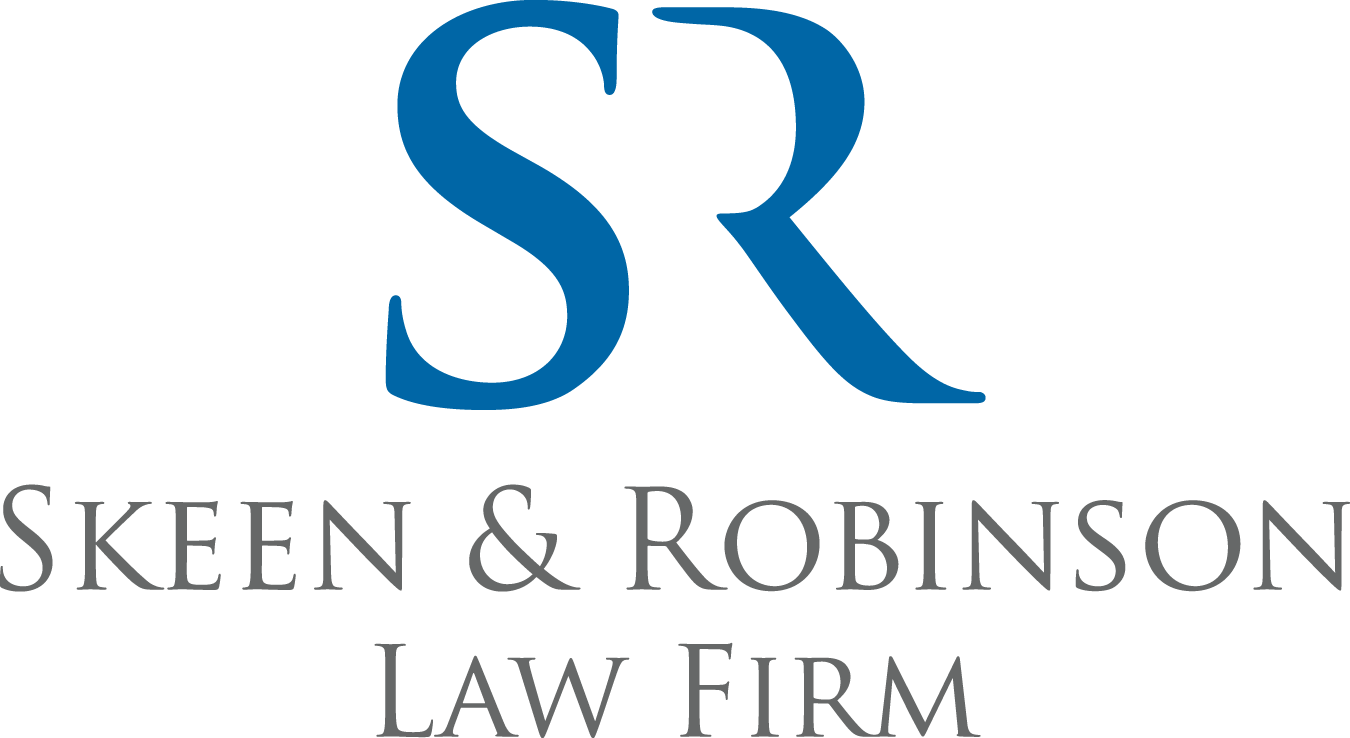
Parole Violation
When a person is found guilty of a crime, they may be handed a sentence that includes fines, community service, and even time spent behind bars. What many do not realize is that most people who are imprisoned are released on parole after only a fraction of their sentence has been served. While being released into society may seem like freedom, there are restrictions. Getting out early means adhering to strict guidelines, such as attending meetings and staying within certain geographical boundaries.
If you have been accused of violating parole, you may be worried about what could happen next. If you are sent back to jail, you may lose the chance to rebuild your life as a free citizen. The last thing you want is to spend more time in custody because of a rule of which you were not aware. Skeen & Robinson know how much is at stake in these situations. We will work tirelessly to show the court that you are a contributing member of society. To find out how your side of the story can be told in court, call 801-266-7414 today.
What Happens If I Violate Parole?
Many parole violations, such as taking a bus to a neighboring city or getting into an argument with a parole officer, are minor. They may result in moderate penalties, such as fines or mandatory anger management courses. If, on the other hand, it is discovered that a person is frequently meeting with drug dealers or causing problems in the community, they may be forced to spend the rest of their term in a cell. When this happens, there is little chance of being released on parole for a second time.
When parole is violated, there is a third course of action. The person being accused of the infraction may be required to attend a series of court hearings. The first hearing is used to determine whether or not the accused should be held in custody or released into society while waiting for the final hearing. At the next court appearance, the person being accused is given the opportunity to make their case. Here, it can be extremely beneficial to have the help of a lawyer. They can aid in telling your side of the story.
Violation Of Parole In Utah
In Utah, parole is defined as the supervised release of a someone who has been convicted of a crime after they have served part of their sentence behind bars. Rather than thinking of it as early release, it is more accurate to say that parole is a portion of a sentence that is served in the community. Further, a person only qualifies for parole if they have served the minimum number of years outlined in their sentence. In most cases, parole eligibility is decided by a parole board that is comprised of criminal justice experts, law experts, and members of the community, such as politicians and business owners.
When a person becomes eligible for parole, they must agree to certain terms before being released. They must comply with a number of conditions, including not leaving certain areas and agreeing to meet with a parole officer.
Actions that qualify as a parole violation include, but are not limited to:
- Failing to attend weekly meetings with a parole officer
- Calling, messaging, or meeting with ex-convicts
- Refusing to participate in a chemical test for illicit substances
- Leaving the city, county, or state in which the person currently resides
- Being arrested for any crime or causing trouble within the community
Schedule A Confidential Consultation
We offer a no-obligation consultation for you to discuss the details of your case openly. Use the online contact form or call 801-266-7414 to meet with the firm's highly qualified Utah criminal defense and malpractice attorneys. The firm is located in Salt Lake City at 5788 South 900 East, and represents clients in northern Utah. Our track record is evidence of our ability to produce positive results in high-pressure situations.
